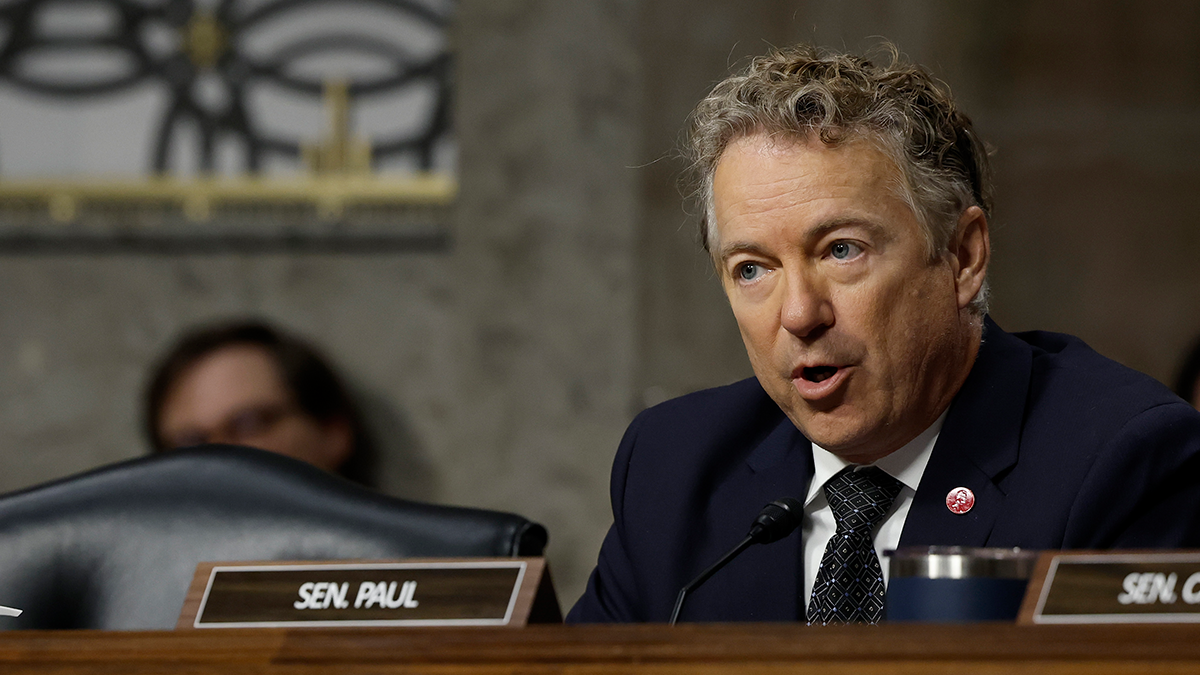US Senator Rand Paul has halted the attempt to fast-track a ban on TikTok, expressing concerns over free speech and the unequal treatment of social media platforms.

In a speech on the Senate floor, Paul warned against using fear to cause Americans to give up their liberties, pointing out that data-gathering accusations aimed at TikTok could also apply to domestic big tech firms.

Senator Josh Hawley had previously pushed for unanimous consent for a TikTok ban bill, arguing that it would protect the American people and send a strong message to China. TikTok, however, denies spying allegations and claims to have spent more than $1.5 billion on data security efforts. Last week, CEO Shou Zi Chew appeared before Congress to address national security concerns and to emphasize the app as a creative platform while outlining the company’s commitment to data protection and transparency.

The House of Representatives is expected to address a bill related to TikTok, though the timeline and final form of the bill remain unclear. A growing number of Democrats and Republicans have voiced concerns about the legislation, deeming it overly broad and citing free speech issues. Senator Paul argued that passing such a bill would be detrimental to Republicans and likened the ban to Chinese speech restrictions.

Democratic Representative Alexandria Ocasio-Cortez and free-speech organizations like the American Civil Liberties Union have also opposed a TikTok ban. Ocasio-Cortez called the proposed ban “unprecedented” and pointed out that Congress has not received classified briefings on TikTok. Earlier this month, the Biden administration demanded TikTok’s Chinese owners divest their stakes or face a US ban, echoing attempts made by the Trump administration in 2020 that were blocked by US courts.

Several governments and institutions have recently taken action to limit TikTok’s use, including the White House, UK Parliament, and administrations in the Netherlands, Belgium, New Zealand, Canada, India, Pakistan, Taiwan, and Jordan. Meanwhile, US lawmakers are considering the renewal of powers that would allow US tech giants like Google, Meta, and Apple to engage in unlimited spying on non-US citizens abroad. Critics argue that the focus on TikTok is less about genuine concerns for citizens’ privacy and more about maintaining national control over social media.






